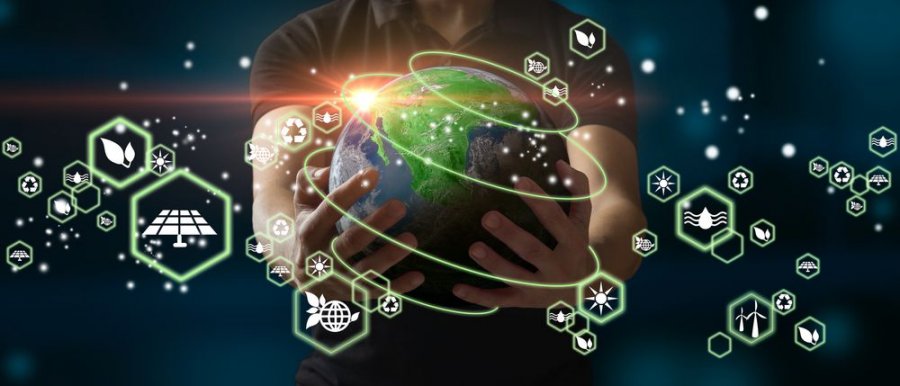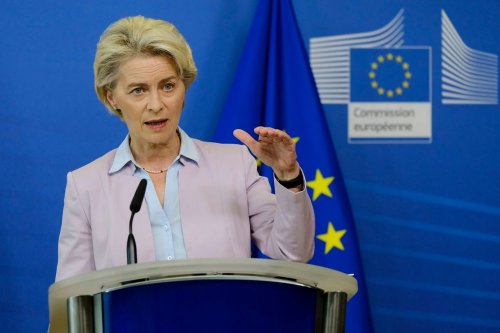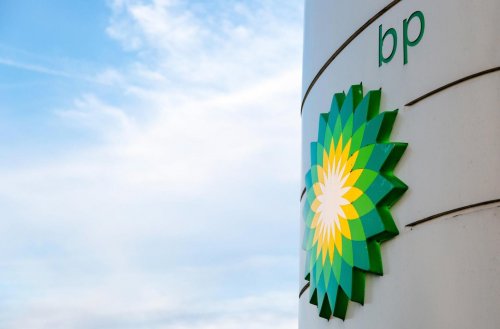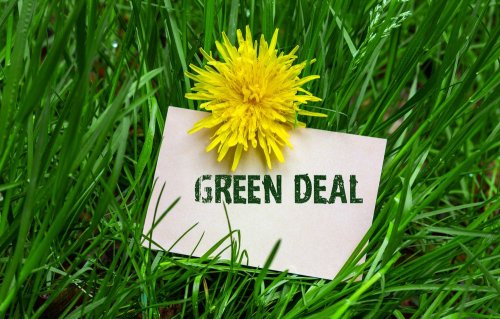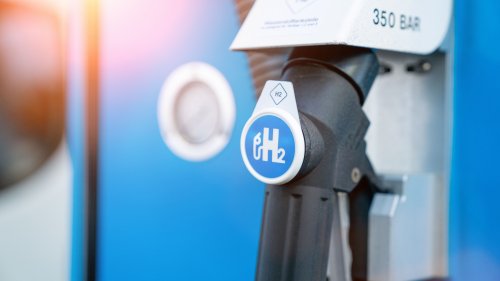The countries of the "Great Seven" (G7) have agreed to create with reliable partners steel supply chains of rare earth elements, which are used in the production of batteries, electric cars and computer microcircuits.
This was stated by the Minister of Economy, Trade and Industry of Japan, Yasutoshi Nishimura, reports Kyodo News+.
It is noted that for the first time representatives of countries with an emerging market and developing countries were invited to the meeting, in particular from the so-called Global South. Their role in building sustainable supply chains is considered increasingly important in the recent geopolitical environment.
The article explained that Russian aggression against Ukraine and tensions between the U.S. and China underscore the importance of economic security and the supply chains of materials needed for the production of computer chips, batteries, and electric vehicles.
The material said that the participants also discussed the response to "economic coercion", because China uses trade dominance to exert political pressure on other countries. Thus, the PRC announced a new control over the export of graphite from December 1. This material is used in batteries, fuel cells and nuclear reactors.
"We are going to solve the issue of "economic coercion" while avoiding falling into the trap of excessive protectionism," said Nishimura.
Earlier, EcoPolitic wrote, that researchers from the Leiden-Delft-Erasmus Universities, the Netherlands, claim that the focus of the EU's energy transition should be the transition from fossil fuels to critical metals.
As EcoPolitic previously reported, the European Commission presented the Green Deal industrial plan, which is designed to increase the competitiveness of the European industry with zero emissions and to facilitate a rapid transition to climate neutrality. It also envisages the creation of a Club of Critical Raw Materials, to bring together raw material "consumers" and resource-rich countries.

